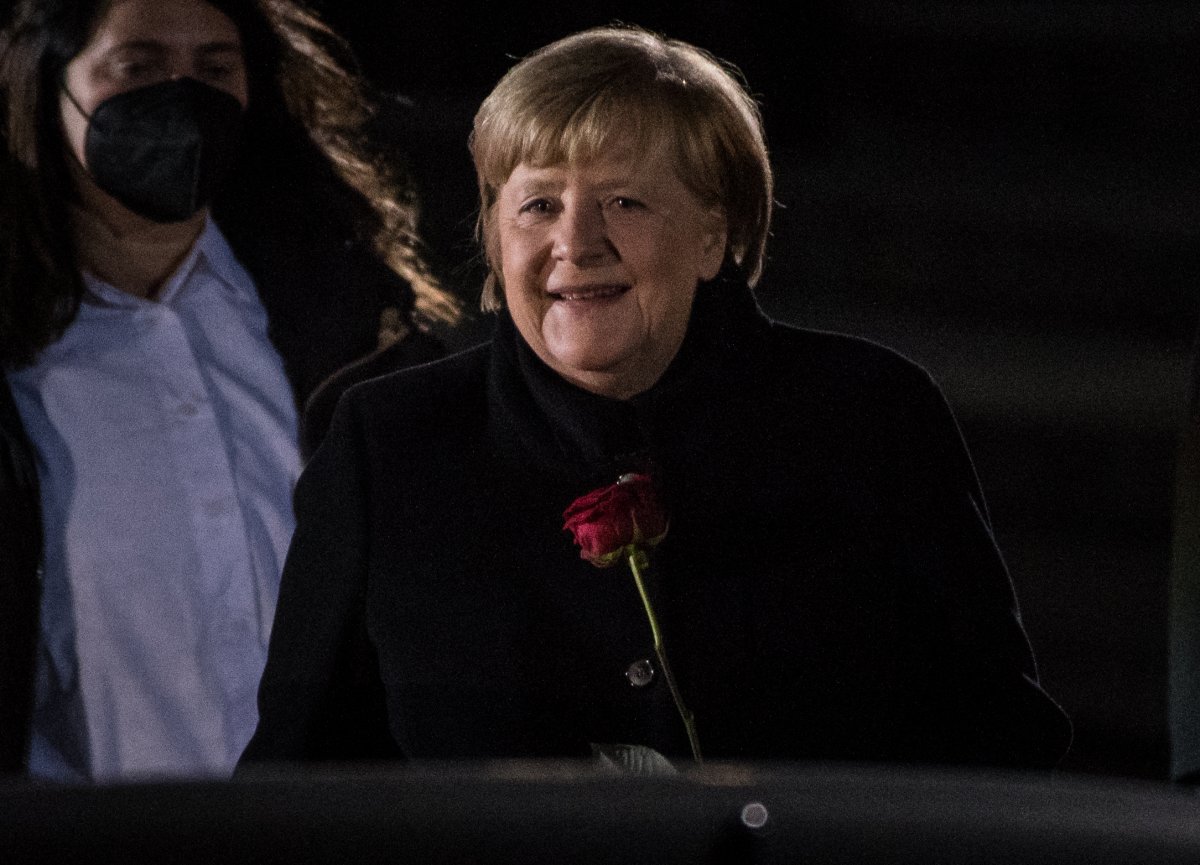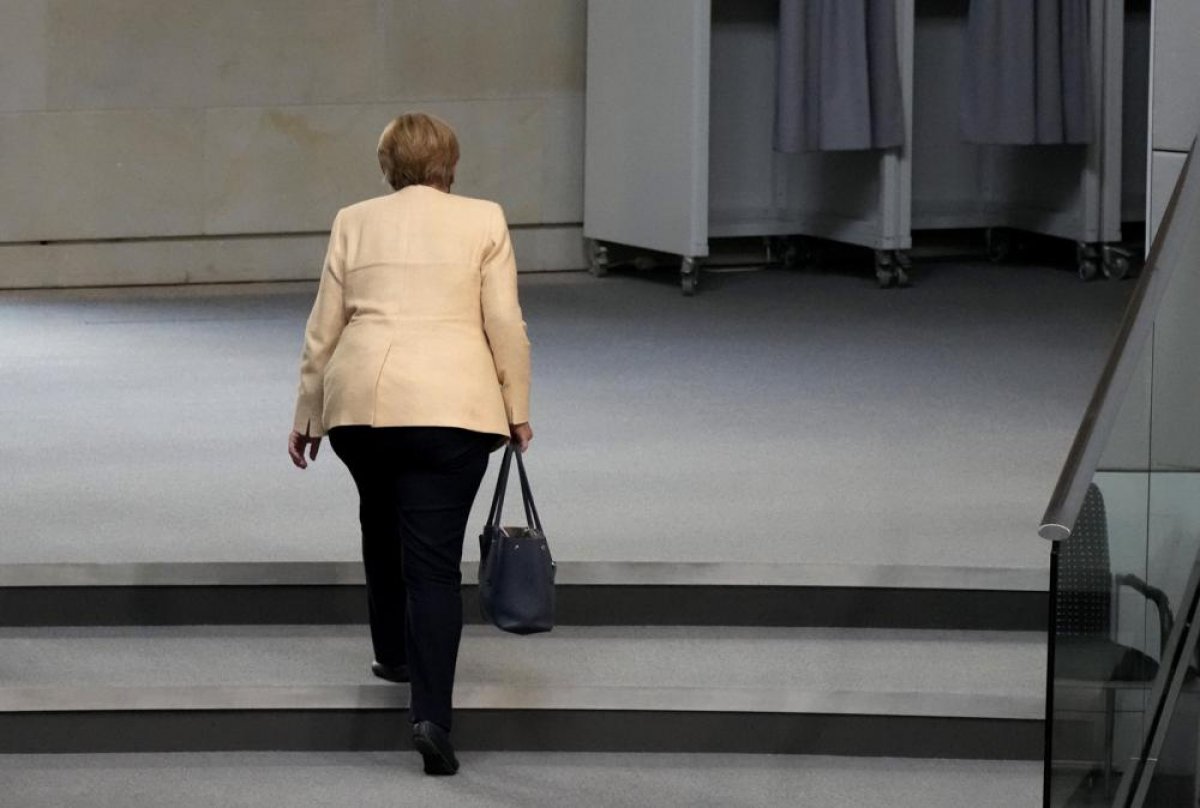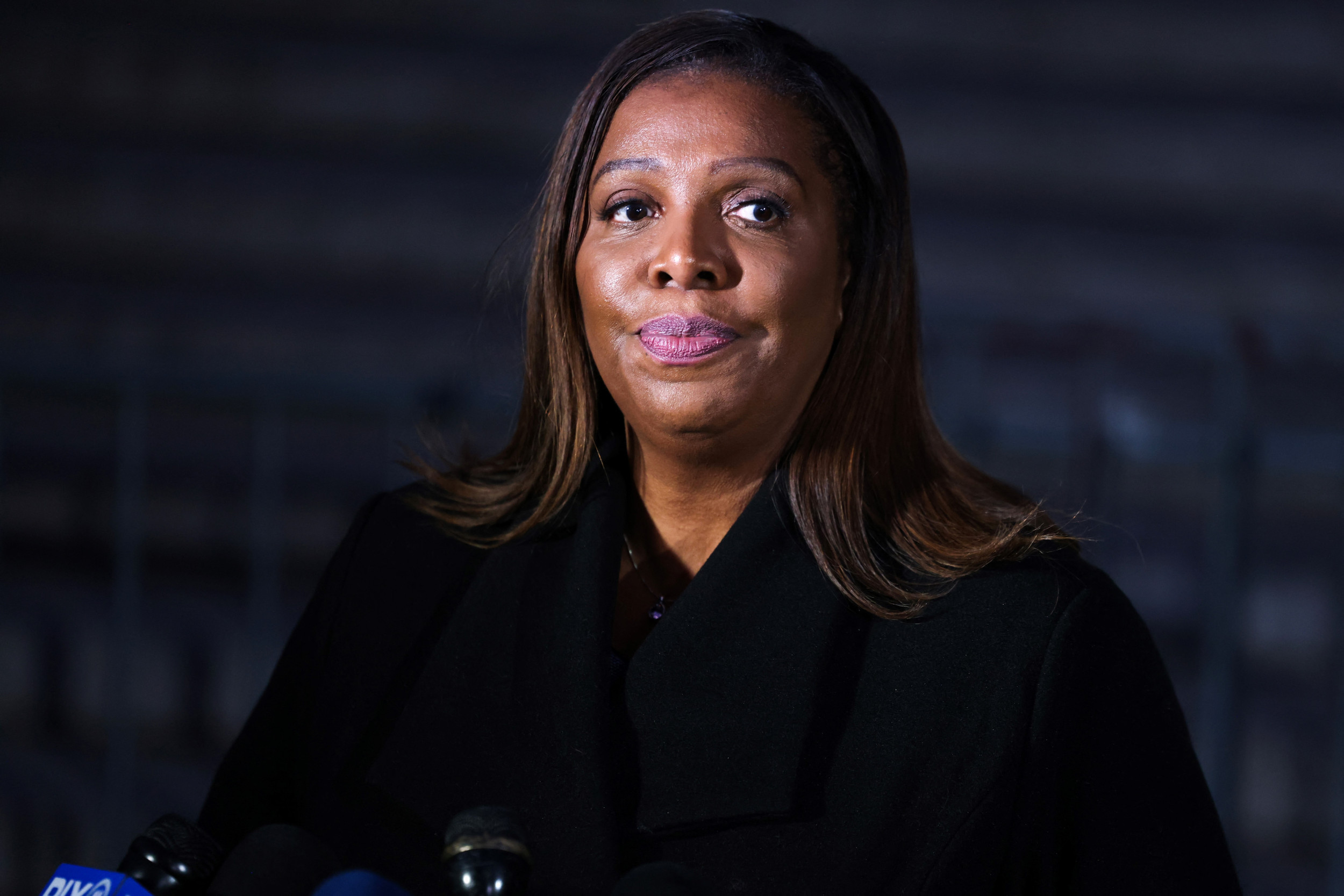German Chancellor Angela Merkel, who is stepping down after a 16-year tenure, nearly beat her mentor, former Chancellor Helmut Kohl, for the longest run in office. Kohl served as chancellor during Germany's reunification from 1982 to 1998.
Merkel also made history as Germany's first female chancellor, often being recognized as a trailblazer for women in politics. Merkel will be the first chancellor since the end of World War II to voluntarily step down from her position.
As she leaves office a week short of the record, her legacy remains mixed but ultimately successful. Despite being criticized for not putting enough funds into infrastructure and being slow to combat climate change, she has been praised by many Germans for pushing a more positive vision of the country into the international spotlight. She has also been credited for helping to lower unemployment and boosting the economy.
She worked on foreign policy and other critical sociopolitical issues with four U.S. presidents.
"Thanks to [Merkel], the center has held through many storms," former President Barack Obama said in October. He also called her a role model for anyone to look up to.
"Angela Merkel brought class and dignity to a very important position and made very hard decisions...and did so based upon principle," former President George W. Bush said in July. He credited her with repairing the political relationship between the U.S. and Germany after her predecessor, Gerhard Schroeder, publicly opposed the Iraq War.
Merkel attended her final European Union conference in October, when she was praised by her colleagues and collaborators. European Council President Charles Michel referred to her as "a monument" within the often-divisive organization. She even gave her own remarks at the summit.
"We have been able to overcome many crises in a spirit of respect, in an effort always to find common solutions," she said. "But we also have a series of unresolved problems, and there are big unfinished tasks for my successor."
Olaf Scholz, who was elected to be Merkel's successor, will take office on Wednesday. Scholz, a social Democrat, has vowed to "venture more progress." Among his priorities is to "continue the efforts Germany has made in recent years to create a strong, sovereign European Union," according to a Berlin press conference. He also plans to "underline the trans-Atlantic partnership and our cooperation in NATO."

While Merkel perhaps lacks a spectacular signature achievement, the center-right Christian Democrat came to be viewed as an indispensable crisis manager and defender of Western values in turbulent times.
She served alongside four French presidents, five British prime ministers and eight Italian premiers. Her chancellorship was marked by four major challenges: the global financial crisis, Europe's debt crisis, the 2015-16 influx of refugees to Europe and the coronavirus pandemic.
"It's undeniable that she's given Germany a lot of soft power," said Sudha David-Wilp, the deputy director of the German Marshall Fund of the United States' Berlin office. "Undoubtedly, she's elevated Germany's image in the world."
"When she first came onto the scene in 2005, a lot of people underestimated her, but she grew in stature along with Germany's role in the world," David-Wilp added. Others in Europe and beyond "want more of an active Germany to play a role in the world—that may not have been the case before she was in office, necessarily."
Merkel was a driving force behind EU sanctions against Russia over its annexation of Crimea and backing of separatists in eastern Ukraine, and also spearheaded so-far-unfinished efforts to bring about a diplomatic solution there. She was regarded as being "able to have a dialogue with [Russian President Vladimir] Putin on behalf of the West," David-Wilp said.
She was steadfast in pursuing multilateral solutions to the world's problems, a principle she set out at a military parade in her honor last week.
The global financial crisis and the migrant influx "made clear how much we depend on cooperation beyond national borders and how indispensable international institutions and multilateral instruments are to be able to cope with the big challenges of our time," Merkel said, identifying those as climate change, digitization and migration.
That stance was a strong counterpoint to former U.S. President Donald Trump, with whom she had a difficult relationship. At their first meeting in the White House in March 2017, when photographers shouted for them to shake hands, she quietly asked Trump "do you want to have a handshake?" but there was no response from the president, who looked ahead.
Merkel dismissed being labeled as "leader of the free world" during that period, saying leadership is never up to one person or country.
Still, she was viewed as a crucial leader in the unwieldy 27-nation EU, famed for her stamina in coaxing agreements in marathon negotiating sessions.
"Ms. Merkel was a compromise machine," Luxembourg Prime Minister Xavier Bettel said recently. When negotiations were blocked, she "mostly found something that unites us to move things along."
That was on display in July of 2020, when EU leaders clinched a deal on an unprecedented 1.8 trillion-euro ($2 trillion) budget and coronavirus recovery fund after a quarrelsome four-day summit.
The appreciation from her counterparts was genuine, although there was plenty of friction over the years. Merkel always sought to keep the EU as tightly knit as possible but strongly defended Germany's interests, clashing with Greece during the debt crisis and disagreeing with Hungary, Poland and others over their refusal—unlike Germany—to host migrants arriving in Europe.
Merkel said she was bowing out of the EU "in a situation that definitely gives me cause for concern as well."
Merkel's body language and facial expressions sometimes offered a glimpse of her reactions that went beyond words. She once lamented that she couldn't put on a poker face: "I've given up. I can't do it."
She wasn't intimidated by Putin's style. The Russian president once brought his Labrador to a 2007 meeting with Merkel, who later said she had a "certain concern" about dogs after having once been bitten by one.
She was never the most glamorous of political operators, but that was part of her appeal—the chancellor continued to take unglamorous walking holidays, was occasionally seen shopping at the supermarket and lived in the same Berlin apartment as she did before taking the top job.
Named "The World's Most Powerful Woman" by Forbes magazine for the past 10 years in a row, Merkel steps down with a legacy of breaking through the glass ceiling of male dominance in politics—although she also has faced criticism for not pushing harder for more gender equality.
The Associated Press contributed to this report.

Uncommon Knowledge
Newsweek is committed to challenging conventional wisdom and finding connections in the search for common ground.
Newsweek is committed to challenging conventional wisdom and finding connections in the search for common ground.
About the writer
To read how Newsweek uses AI as a newsroom tool, Click here.








